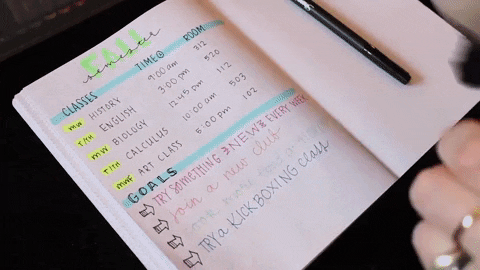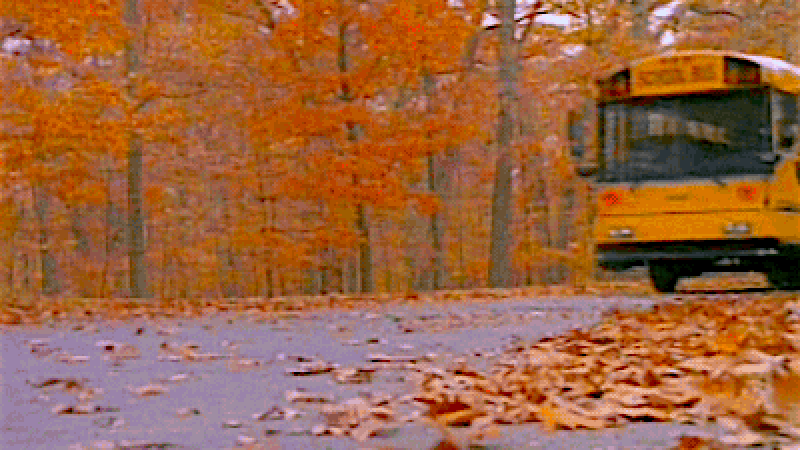Class field trips. They’re a nightmare to plan and fund, and by the time you stagger off a stinky school bus at the end of the day, you want to hibernate. But the kids love them, and they provide more educational bang for your buck than just about anything else you can plan for your students. There’s a delicate balance when it comes to planning a field trip, which is something I’ve learned the hard way. I’ve definitely got it wrong more times than I’d like to count. So to help you avoid field trip mistakes that can lead to wild kids, annoyed parents, and cranky teachers, here are some mistakes to avoid.
1. Don’t plan a field trip if it’s not related to your curriculum.
My actual curriculum keeps me pretty busy, and we don’t have a lot of time to waste. So if I decide to take advantage of the free trip to the water treatment plant for my Language Arts class, I’m going to end up cranky about it, and it’s not going to tie in at all with what the kids are doing in class.
Even if I try to throw in some of my standards (“Um, let’s all write an expository essay!”), those lesson plans are likely to be thrown-together and subpar.

2. Don’t skip the oh-so important prep work.
You should spend some time talking about the field trip—and your expectations of the kids—before you get on the bus. Trust me, teaching theater etiquette for the ballet is going to take longer than the drive to Symphony Hall.

3. Don’t be overly laissez-faire.
Showing up at the zoo and then yelling, “Okay, well, find a partner!” is not a good strategy. Invariably, Alejandro will get in a group with Max and Will, and we all know there’s a good chance Max is going to end up in the gorilla enclosure if that happens.

4. Don’t just treat it like another classroom assignment.
A few years back, we started getting a free field trip every year to take our kids to a Civil Rights museum. Awesome, right? The museum even gives handouts you can have the kids complete! Wait, no—this is less awesome. Here’s why.
The first year, we told all the kids that the handout was for a grade, and they spent the entire time doing exactly what kids do with a worksheet: finding just enough information to answer the questions. When they finished, they turned it in and waited patiently for their classmates to finish. They didn’t explore any of the exhibits further…why should they? The worksheet was done!
The following year, I “lost my worksheets,” and I’m firmly convinced that my group of kids learned more than anybody else on the field trip.

5. Don’t forget to vet your chaperones.
Andy is your most annoying student. So you think to yourself, “Hey! I’ll invite Andy’s mom to chaperone so she can keep an eye on him and everything will be great!” But then you end up with both Andy AND his mom causing you panic. The field trip isn’t the time to make new friends. Stick with chaperones you know and trust.

6. Don’t overestimate your stamina.
All I’m saying, is if you’re six months pregnant, hiking up a mountain with 35 4th graders might not be the best idea. Don’t ask how I know. Not important. Also, if you’re planning an overnight trip, two nights is the sweet spot. First night, the kids stay up all night. Second night, they’re tired and start to get overly sentimental about everything. By the third night, everyone hates everyone else and they cry about everything. Also, so do you.

7. Don’t forget to dress for the occasion.
This might mean wearing bright colors so the kids can find you or swapping the heels for some comfy sneakers. Just don’t forget about it until the day of, and be sure to remind your students. Even if you have to remind them 10 times. This detail is worth it.

Feld trips are fun. They give kids a chance to learn the way kids are supposed to learn; by exploring and figuring things out. Yes, it takes work and effort on our part as the teacher (especially in planning), but I think they’re totally worth it.
Do you have any tips for planning a field trip? Please share in the comments.
Also, check out our Best Field Trip Ideas for Every Age and Interest (Virtual Options Too!)


